Ongoing Doctorates
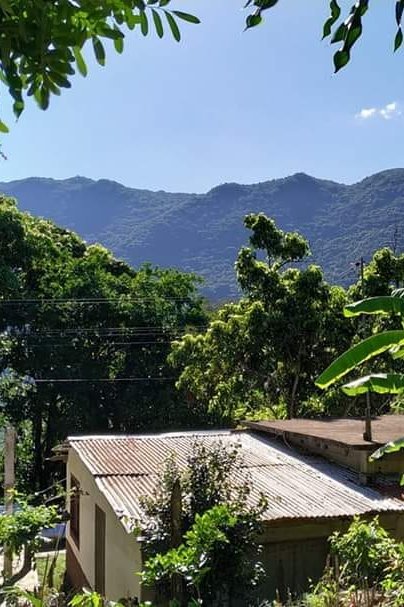
Management of ancestral heritage from the community: Perspectives from Guambía’s indigenous safeguard in Colombia and “El Cielo” Biosphere Reserve in México
Giovanni Alberto Chávez Morales
This research hopes to generate a proposal for heritage management of the municipality of Gómez Farías, Tamaulipas, Mexico from a not state-centric perspective and based on the communal strategies and methodologies used and applied by the “Misak” people in the safeguard of Guambía in Silvia, Cauca, Colombia.
Supervisor: Prof. Dr. rer. nat. habil. Astrid Schwarz

Connections between circular bioeconomy and natural world heritage in a megadiverse territory (Ecuador)
Maria Elizabeth Bedón Sanchez
This proposal will contribute to current research in Natural Heritage as of how natural and mixed World Heritage sites can bring solutions from within nature to the issues associated with climate change that are affecting natural/mixed World Heritage sites, and ultimately, they will catch up with cultural World Heritage sites as well. This will be done through the lens of circular bioeconomy, which would be the major innovation in this area.
Supervisor: Prof. Dr. rer. nat. habil. Astrid Schwarz

Chiribiquete National Park (Colombia): A management proposal for World Heritage Sites in conflict/post-conflict contexts in Latin America
Laura Paloma Leguizamón Pineda
This project aims to identify the role that World Heritage has played in conflict/post-conflict contexts in Latin America in order to propose a new management model that may contribute to social and sustainable development in the sites.
Supervisor: Prof. Dr. rer. nat. habil. Astrid Schwarz

Comprehending power dynamics of heritage discourse in Russian context: Regulatory documents and heritage-making practices in a highly centralized political system
Anna Gaynutdinova
The project examines the dynamics of the modern Russian discourse on authorised cultural heritage, its roots in governance and ideological control, and continuities with the country's earlier history. It analyses the hegemonic discourse in a centralised political system hidden behind market economy, federalism and equality. It also examines the impact on heritage processes in Russia's ideological and geographical peripheries, to shed light on the power dynamics between official and suppressed narratives.
Supervisor: Prof. Dr. iur. Eike Albrecht
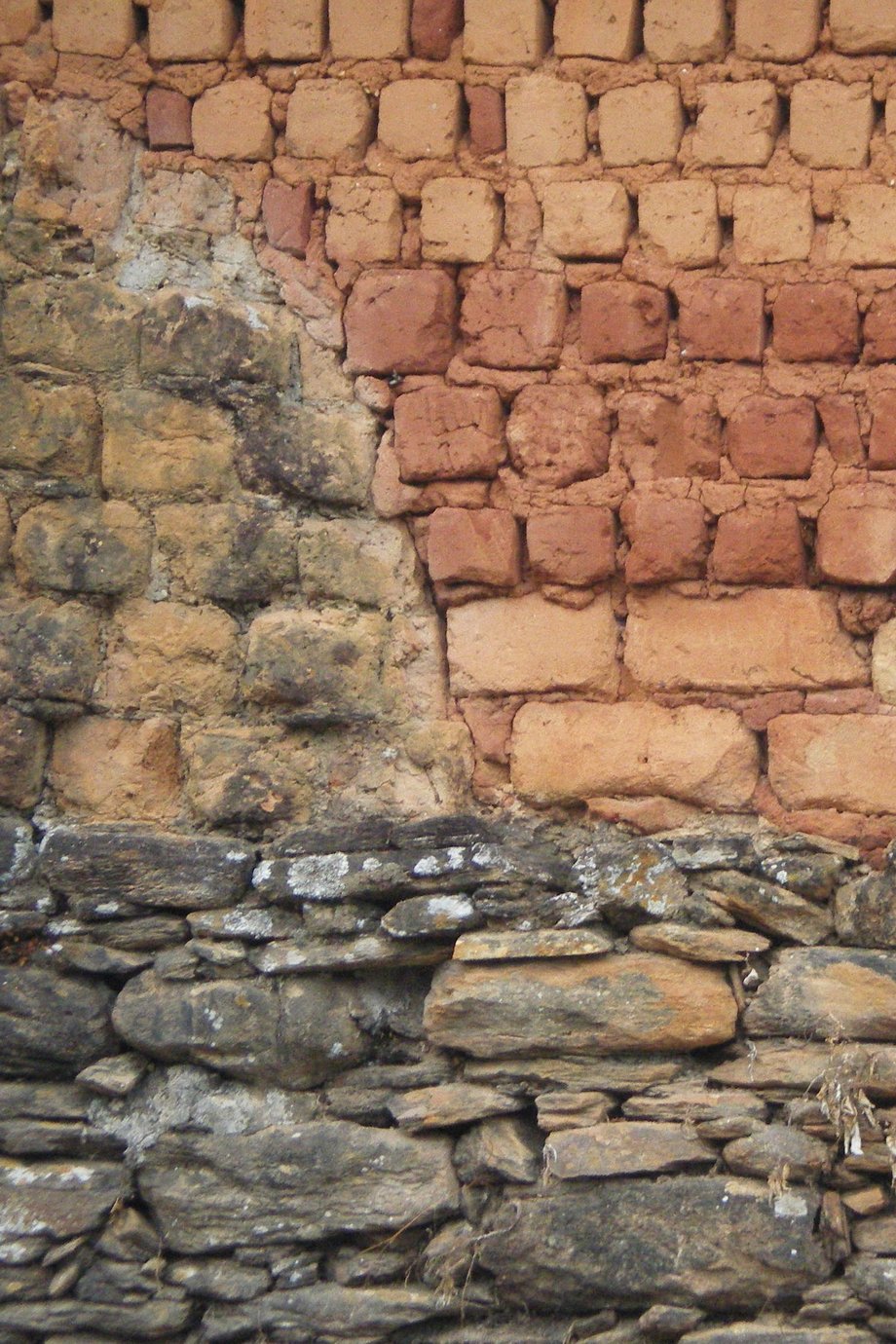
Devalued: A study of the declined designations to Brazilian National Built Heritage
Eliara Beck Souza
The research examines the National Historic and Artistic Heritage Institute´s rejection of Brazilian built heritage candidacies and critically analyses the experts' arguments. These rejections raise questions about cultural recognition and social justice.
Supervisor: Prof. Dr. phil. habil Johanna Blokker and Prof. Márcia Regina Romeiro Chuva (Federal University of the State of Rio de Janeiro, Brazil)

Tactical Urbanism: Pop-up environments as catalysts for sustainable urban regeneration. The case of Alexandria city in Egypt
Hend Yassin
Rapid urban expansion in cities can result in the neglect and under-use of historic city centers, such as Alexandria, Egypt. This negatively affects urban identity and sustainable city development. The research suggests using tactical urbanism as an approach to urban regeneration. This involves temporarily but rapidly reclaiming underutilized spaces found within historical urban cores, as a way to contribute to the sustainable urban development of cities in general and of Alexandria in particular.
Supervisor: Prof. Dr.-Ing. Silke Weidner
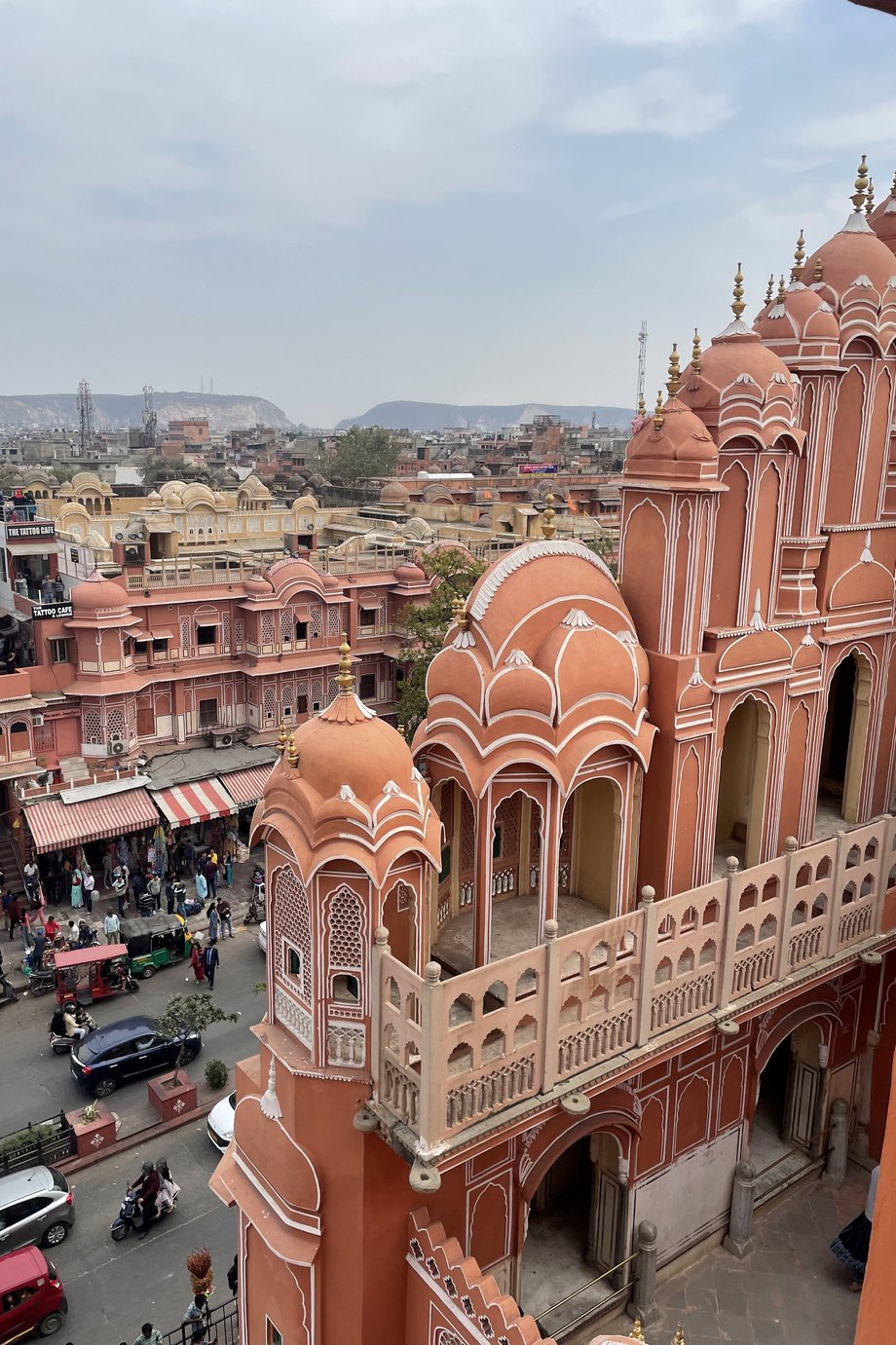
Social cohesion in UNESCO documents for the management of World Heritage cities
Rafael Maximiliano Flores de Leon
UNESCO guidelines and recommendations emphasize the relevance of urban heritage to foster social cohesion. However, there is limited evidence on how this outcome is achieved. To help fill this gap, this research explores how social cohesion constructs are articulated in UNESCO management guidelines for World Heritage Sites and Historic Urban Landscapes and how these discursive constructs may enable the promotion of objectives related to social cohesion.
Supervisor: Prof. Dr.-Ing. Silke Weidner
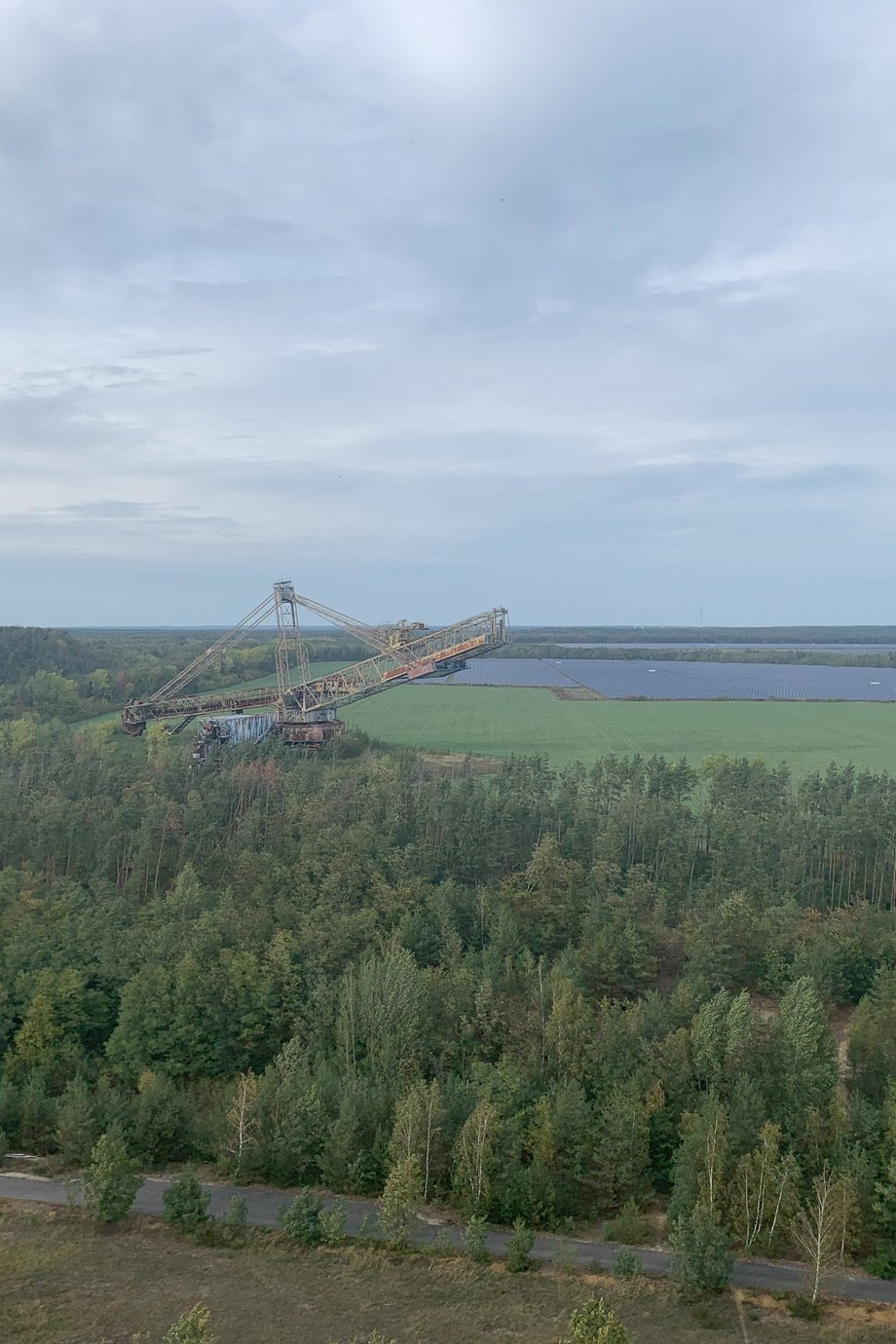
Challenges for the reconversion of a post-mining landscape into a tourism area: The case of Lausitzer Seenland
Ana María Bergholz
This project analyses cultural landscapes, in particular the transformation process of a region in the example of the Lusatian Lakeland, using interdisciplinary approaches from heritage and landscape studies. It aims to draw lessons from a landscape transformation process in terms of decision-making and local participation and to highlight the importance of heritage and landscape studies for tourism destination.
Supervisor: Prof. Dr. Ludger Gailing

Hydropower and world heritage: Examining the state party compliance to environmental laws in implementing hydropower projects in world’s natural heritage
The Julius Nyerere Hydropower Project (JNHPP) - Selous Game Reserve World Heritage Site Tanzania
Senais Joseph Nyambo
The project examines the State Party's compliance with national and international environmental laws in the implementation of development projects within protected areas, in particular World Heritage Sites with higher protection status as properties of outstanding universal value. This is to ensure that the projects have minimal adverse impacts on the environment, especially within the protected areas, with a focus on our World Natural Heritage. The project aims to develop an integrated management plan that will promote best practice for all development projects within protected areas, with environmental protection at the forefront of project development and implementation.
Supervisor: Prof. Dr. iur. Eike Albrecht
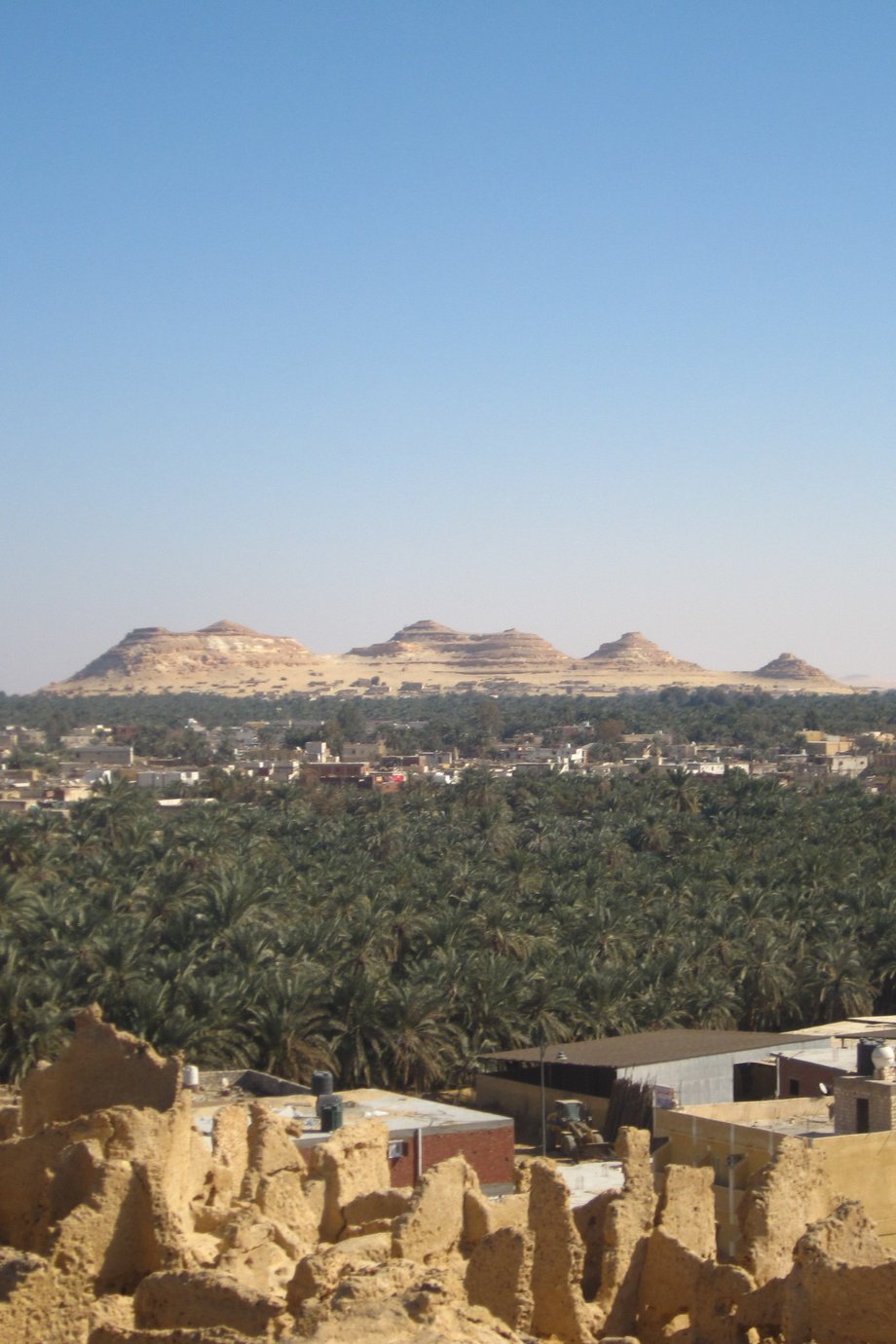
Critical examination of the intangible cultural heritage discourses: A case study on the intangible heritage of Siwa Oasis
Ahmed Abodora
This research utilizes Siwa Oasis as a case study to illustrate how intangible cultural heritage (ICH) showcases that heritage is inherently inclusive and not confined to the dominant so-called Authorized Heritage Discourse (AHD). It examines Siwa's practices and local safeguarding measures to propose a framework that harmonizes the roles of tangible and intangible heritage elements.
Supervisor: Prof. Dr. Anna Amelina
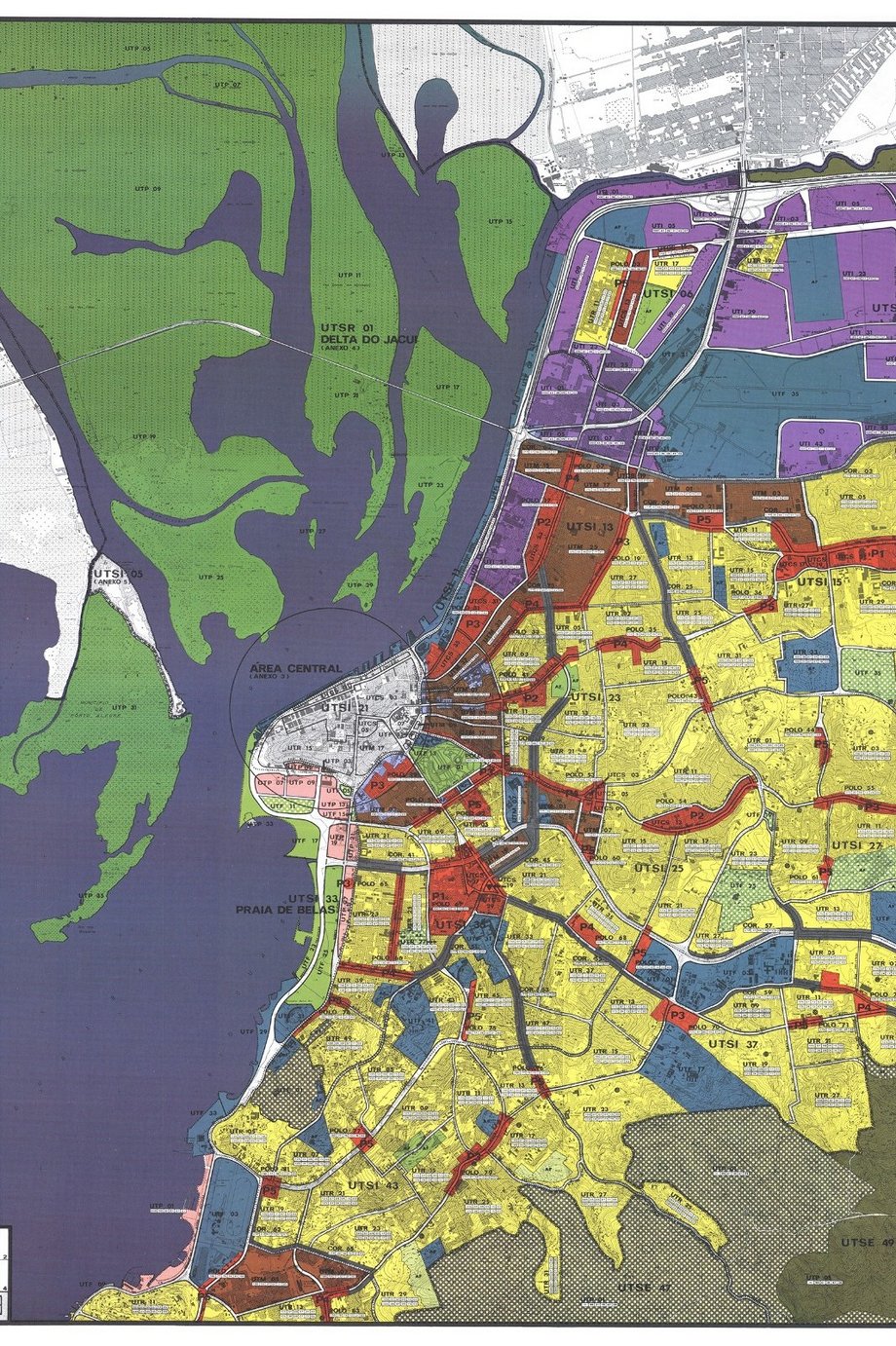
We need to talk about planning (again): Using model-thinking to frame urban planning history in Porto Alegre, Brazil
Marina de Castro Teixeira Maia
This study addresses a gap in Brazilian planning history, particularly in Porto Alegre, by proposing an analytical framework for interpreting and historically comparing the epistemic nature of urbanistic plans. Utilizing a comparative-historical approach and operationalizing Science and Technology Studies (STS) frameworks of model-thinking and sociotechnical imaginaries, the study offers more robust epistemic descriptions of the plan-making activity to fill this interpretative gap.
Supervisor: Prof. Dr. rer. nat. habil. Astrid Schwarz

The travelling memories of digital cultural heritage within local time machine projects. A conceptual framework
Zane Putnina
This project will provide new knowledge-based insights and result in a comprehensive study on digital cultural heritage as a two-fold concept - a rising field of study within the larger digital humanities and humanities landscape and as concrete objects/practices/phenomena in Local Time Machine project examples (part of the European Time Machine initiative). It analyses the shift from analogue heritage memories into digital environments with the structurally analytical concept of “Travelling Memories” in mind and the changing dynamics of digital cultural heritage in relation to the “authorized heritage discourse” within heritage studies.
Supervisor: Prof. Dr. Anna Amelina

From break to continuity - Articulating the significance of change in conserving negative heritage
I-Wei Wu
This study aims to articulate the meaning of change in relation to the task of conserving negative heritage. It examines the authoritarian legacies in Taiwan, with particular attention given to Chiang Kai-Shek Memorial Park, to discuss the difficulties and challenges of preserving monuments that are perceived as negative heritage.
Supervisor: Prof. Dr. phil. Sylvia Claus
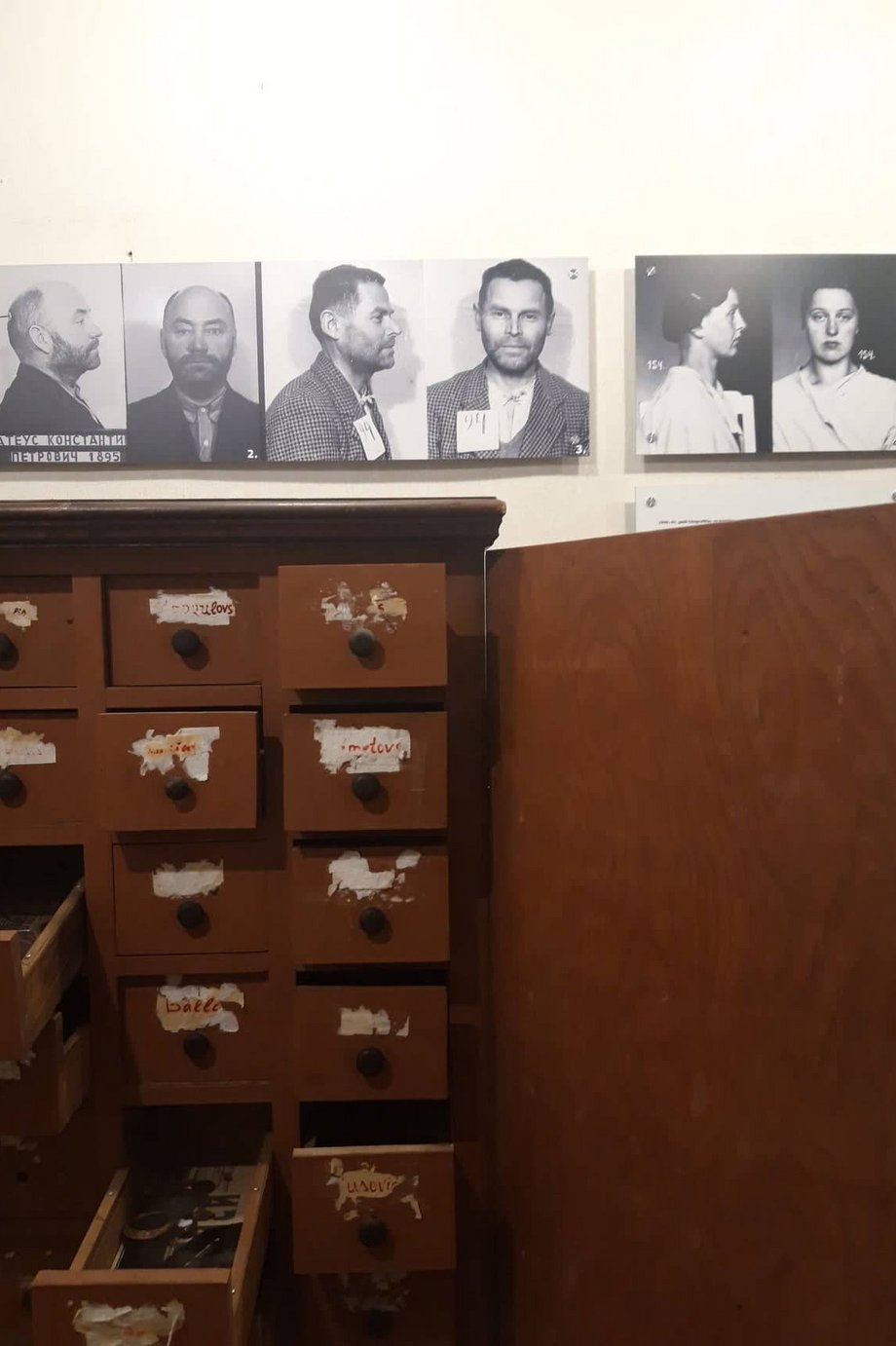
Multidirectionality of Cultural Trauma of the Ex-Socialist Countries on the Examples of Former KGB Prisons Turned Museums in Latvia, Lithuania and Russia
Evgeniya Kartashova
The research is centered around the problem of preservation and development of memorial museums based on the places of atrocities of the 20th century, specifically prisons used by socialist regime in Russia, Lithuania and Latvia.
Supervisor: Prof. Dr. Anna Amelina
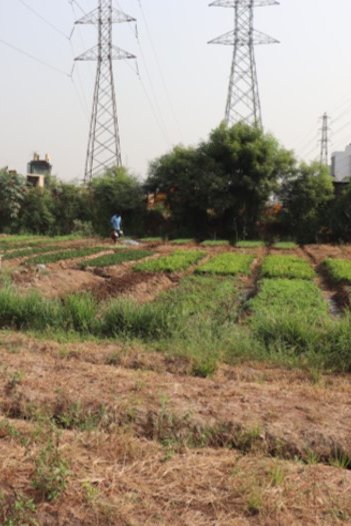
Urban gardening and sociotechnical imaginaries in postcolonial Ghana, West Africa
Jonathan Bill Doe
The research explores gardening practices not privileged in the urban landscape in Ghana since the twentieth century. An argument is made to centre the futures of ‘gardening humans’ in the changing urban landscape.
Supervisor: Prof. Dr. rer. nat. habil. Astrid Schwarz
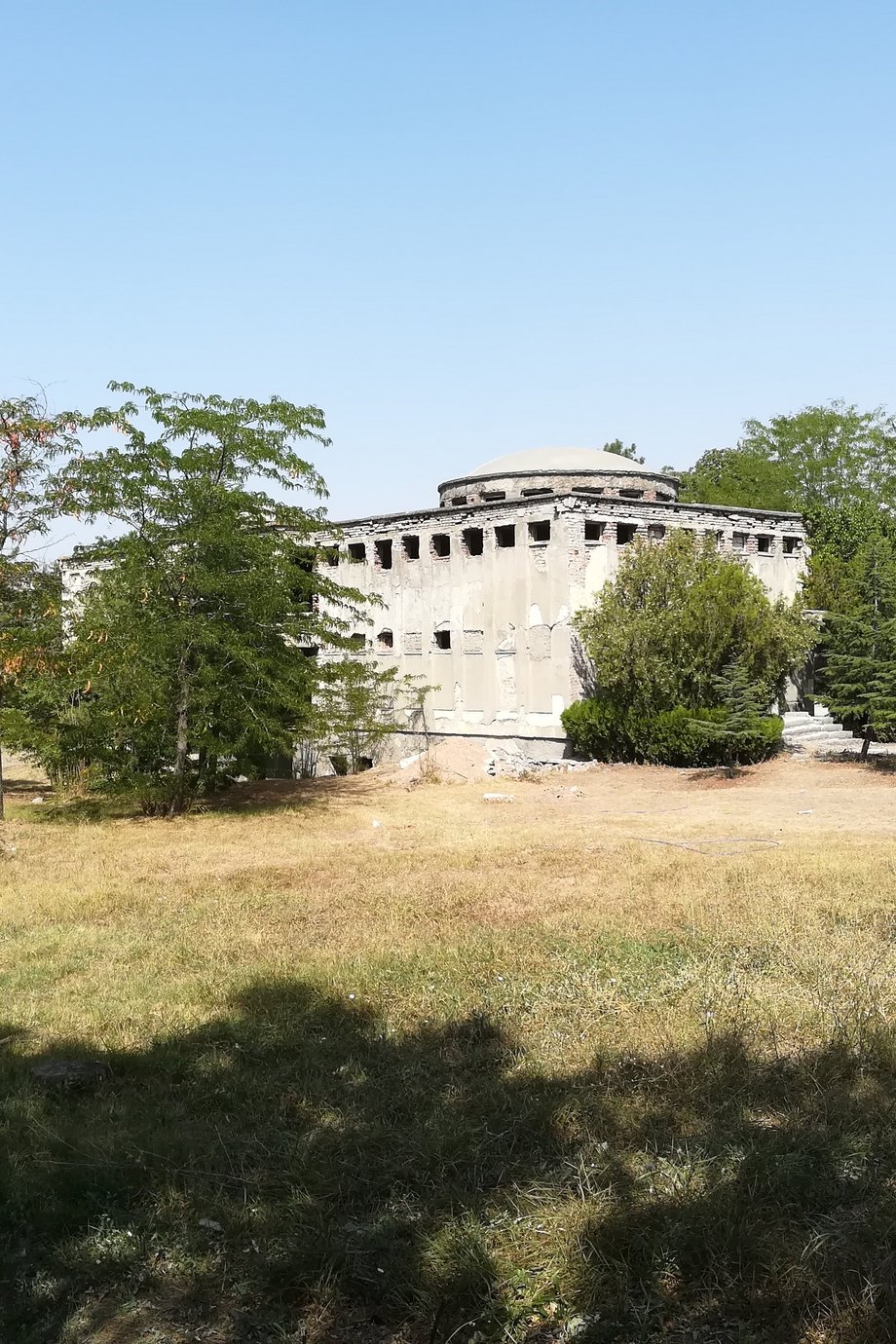
Evaluating the changing significance of Modernist Heritage and the specific issues of its protection. The case study: Atatürk Forest Farm, Ankara
Nilgün Rengin Sazak
This thesis investigates the protection issues surrounding the Atatürk Forest Farm in Ankara, focusing on the modernist heritage planned by Ernst Egli and Hermann Jansen in the 1930s. It examines the political reasons behind its potential demolition, the role of non-governmental organizations like the Chamber of Architects of Turkey, and the impact of urban transformation on this historical site, including an architectural analysis and public perception study.
Supervisor: Prof. Dipl.-Ing. Anna Lundqvist
